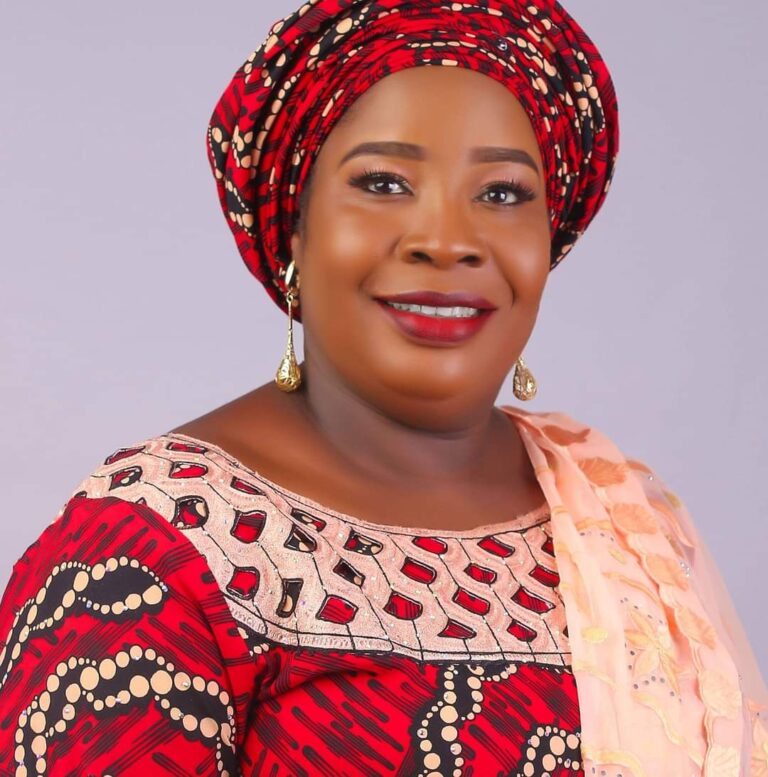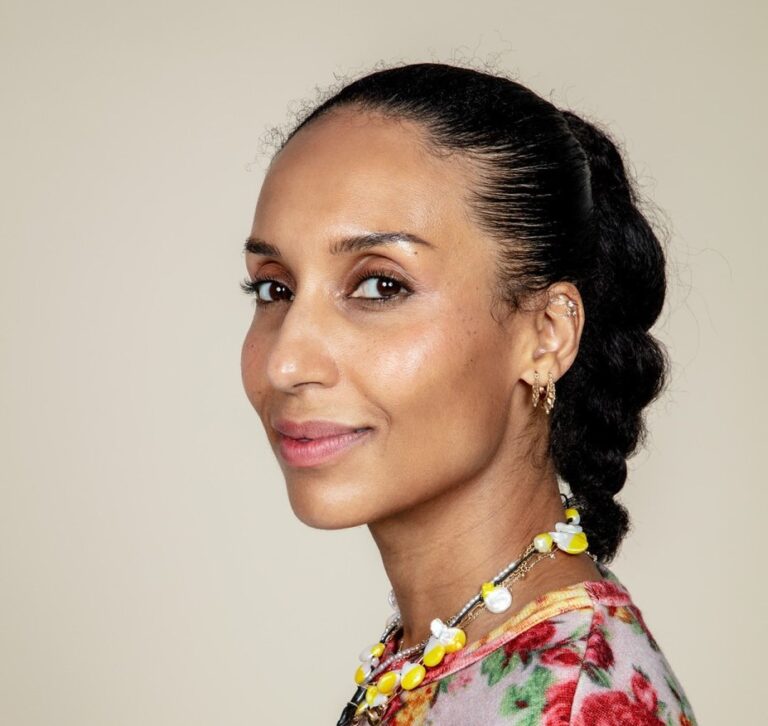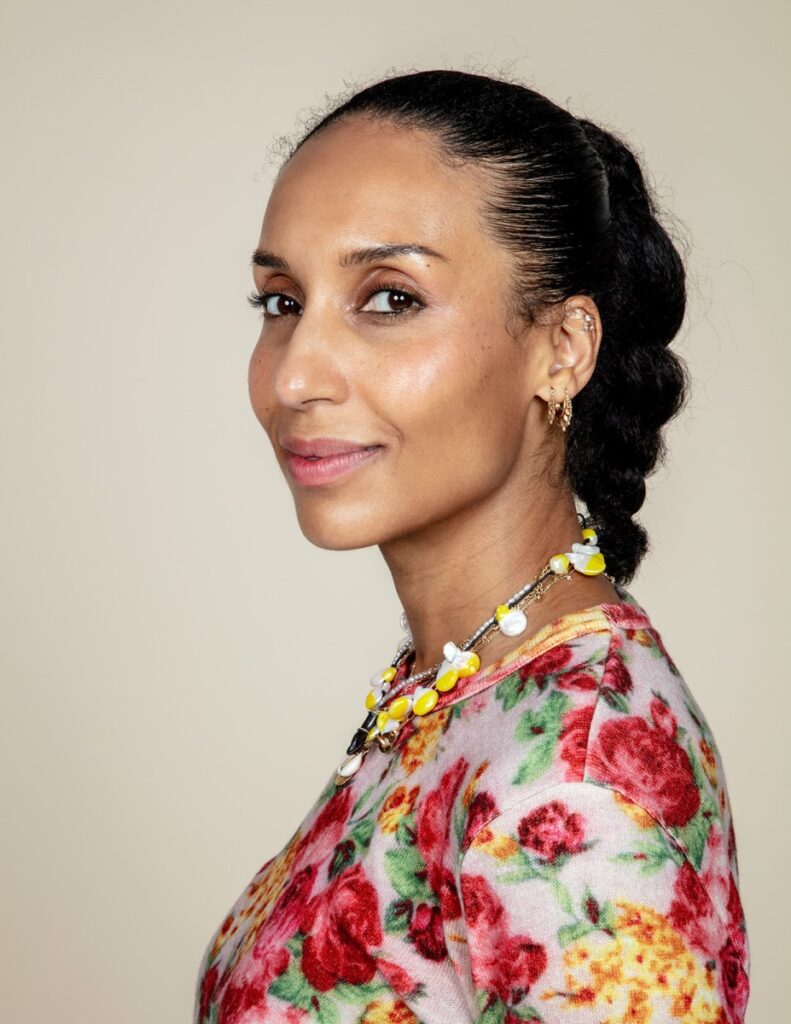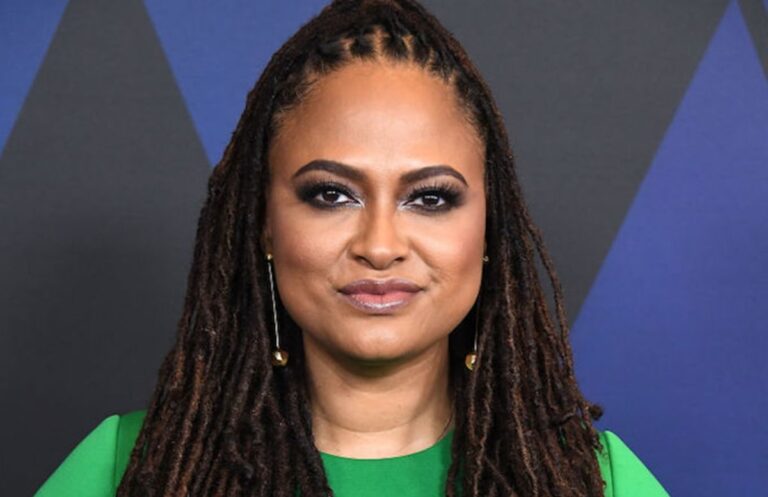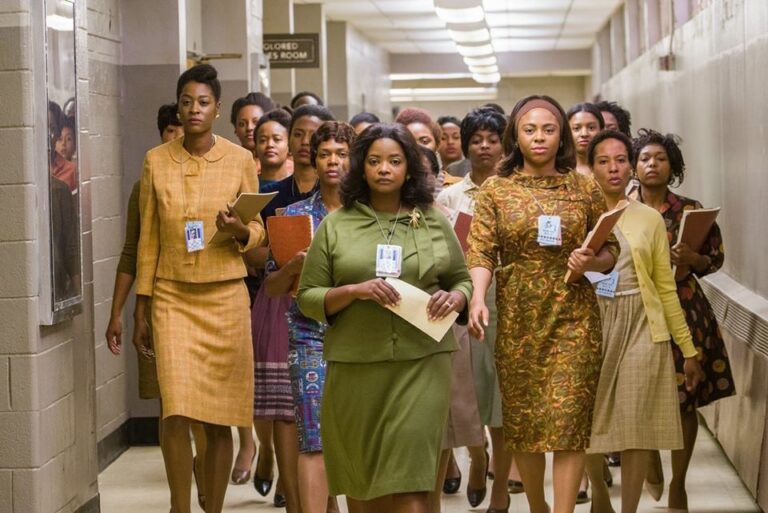In the evolving landscape of leadership, women are increasingly taking on influential roles, breaking the glass ceiling, and inspiring others along the way. While progress has been made, there’s still work to be done to ensure that women have equal opportunities to lead. A crucial part of this journey involves honing leadership skills. This article explores the essential leadership skills for women and how they can pave the way to success.
What is Leadership Skills
Leadership skills refer to the abilities and qualities that individuals possess to effectively guide, motivate, and influence others to achieve common goals and objectives. These skills encompass a broad range of attributes, including communication, problem-solving, decision-making, empathy, adaptability, and the capacity to inspire and empower team members.
Leadership skills are not limited to those in formal leadership positions; they can be developed and utilized by anyone interested in making a positive impact on a group, organization, or community. Effective leadership skills for women are essential for driving progress, fostering teamwork, and achieving success in various aspects of life, including business, education, politics, and social causes.
Leadership Skills For Women
Leadership skills for women encompass a set of qualities, abilities, and behaviors that enable women to excel in leadership roles. These skills include effective communication, emotional intelligence, resilience, adaptability, and the ability to inspire and motivate others. Leadership skills for women also involve navigating gender biases and stereotypes while asserting authority and influence in various professional settings. These skills are essential for women to thrive and positively impact as leaders in diverse fields and industries.
Effective communication is at the core of successful leadership. It involves conveying ideas, building relationships, and inspiring action. Women can enhance their communication skills by honing public speaking abilities and assertiveness.
Public speaking, often regarded as a daunting task, is a skill that can be developed. Joining public speaking clubs, seeking mentorship, and practicing regularly can boost confidence and eloquence. Assertiveness is also vital, as it ensures that one’s voice is heard in meetings and discussions.
Women leaders like Oprah Winfrey and Malala Yousafzai have mastered the art of communication, using their words to inspire millions and drive positive change.
Empowering others is another leadership skill for Women that deals with equipping and enabling individuals to take ownership of their actions, decisions, and personal growth. It involves providing them with the tools, knowledge, and opportunities needed to make meaningful contributions and take on increased responsibilities.
Empowering others also entails fostering a supportive and inclusive environment where people feel confident, motivated, and encouraged to reach their full potential. This not only benefits individuals but also enhances team dynamics and overall organizational success.
Confidence is one of the key leadership for women. Becoming a female leader necessitates having the confidence to surmount obstacles and setbacks.
Rather than succumbing to circumstances or relying on others to identify and eliminate barriers, self-assured women proactively take the lead, motivating and empowering those around them to do likewise.
Therefore, female leaders should believe in their abilities, knowledge, and expertise. This self-confidence not only helps in decision-making but also inspires others to follow. Practice self-affirmation, and remember that your voice and perspective are valuable.
Emotional intelligence, or EQ, plays a pivotal role in leadership. It encompasses self-awareness, empathy, and the ability to manage emotions. Understanding the emotions and motivations of yourself and others allows for better collaboration, conflict resolution, and team building.
Women possessing emotional intelligence exhibit a sense of inner tranquility that allows them to lead without succumbing to ego-driven impulses. They adeptly navigate their emotions, ensuring they don’t interfere with their capacity to make sound decisions and maintaining assertiveness rather than reactivity.
Resilient women in leadership positions possess a deep sense of empathy towards those under their guidance, placing others’ needs on par with their own. Their focus extends beyond personal advancement, demonstrating an ability to gracefully disregard unsound advice without causing offense to the advisers.
Cultivate your emotional intelligence by actively practicing empathy and active listening.
-
Decision-Making and Problem-Solving
Leaders are faced with countless decisions and challenges. Effective decision-making and problem-solving are crucial skills for navigating the complex terrain of leadership.
Women may encounter unique challenges in decision-making roles, such as being second-guessed or facing biases. To excel in this area, it’s essential to have a systematic approach to decision-making, considering facts, risks, and long-term consequences.
-
Resilience and Adaptability
Leadership is not without its trials. Resilience—the ability to bounce back from setbacks—and adaptability—the capacity to thrive in changing environments—are vital attributes.
Resilience is cultivated through facing adversity with a positive mindset, seeking solutions, and learning from failures. Adaptability involves staying open to change, embracing innovation, and adjusting to new circumstances.
Leading by example is a fundamental aspect of leadership where leaders inspire and guide their teams through their own actions and behaviors. It means living out the values, ethics, and principles you expect from your team. When leaders walk the talk, they not only gain trust and respect but also motivate others to follow suit.
This approach fosters a culture of integrity, responsibility, and excellence within the team or organization. Leading by example is a powerful leadership tool, as it shows that actions carry weight in leadership, often speaking louder than words.
As more women ascend to leadership positions, the landscape of leadership is diversifying, enriching organizations and societies. Leadership skills are not confined to gender; they are about capabilities, determination, and the drive to make a positive impact. Women who possess these leadership skills for women are paving the way to success, inspiring generations to come and proving that leadership knows no gender boundaries.
